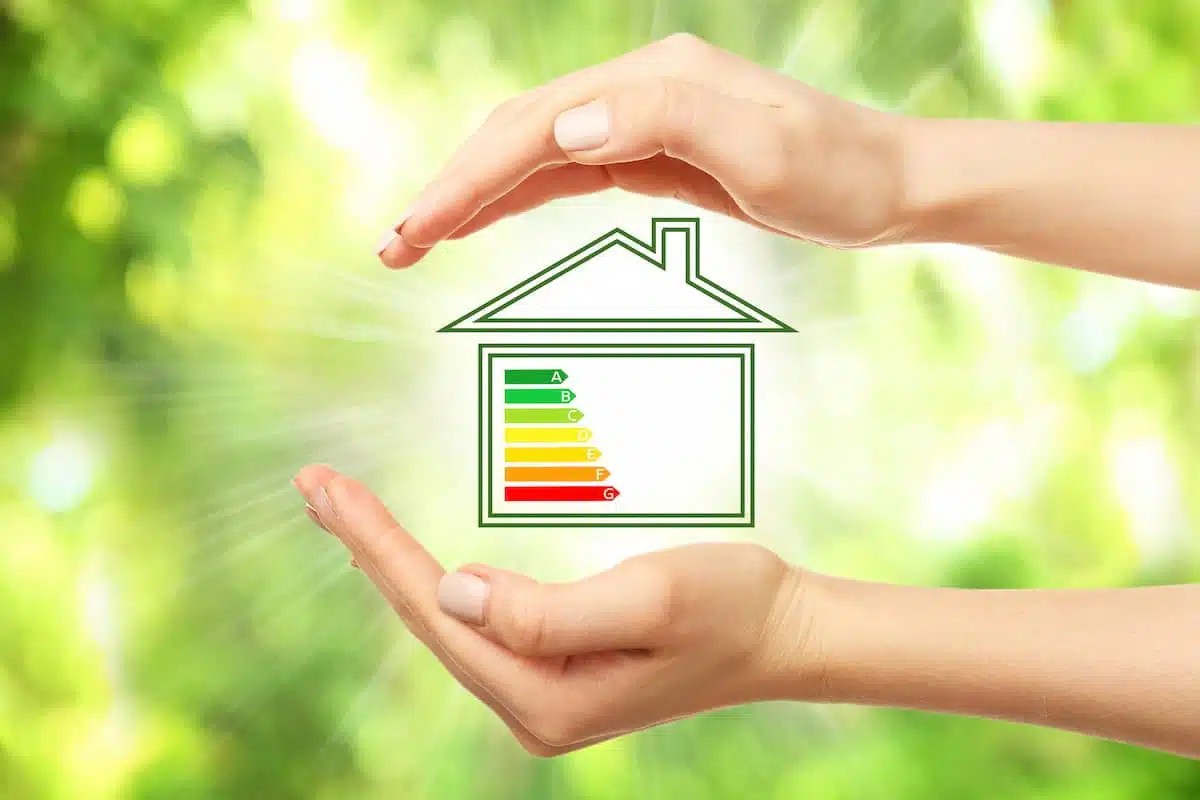
Lower bills, more efficient homes: Moldova switches to nearly zero energy buildings
All new buildings constructed in Moldova will need to be designed to provide nearly zero energy consumption, and existing ones—when undergoing major renovations—will be upgraded to the same standard, to the extent of technical and economic feasibility.
Nearly zero energy buildings (NZEB) will combine high-quality thermal insulation with renewable energy sources, such as solar panels and will also encourage the installation of heat pumps and heat recovery ventilation technology.
The goal is outlined in the national plan to increase the number of nearly zero energy buildings (NZEB) by 2030, approved by the government today.
The document sets forth a string of concrete measures to promote the construction of new NZEBs, as well as transforming existing buildings into those with very high energy performance. By implementing this, Moldova aims to significantly reduce final energy consumption and greenhouse gas emissions, in accordance with the commitments made in the field of energy efficiency and combating climate change.
"In the context of the crises faced by Moldova, enhancing the energy performance of buildings is a national priority for ensuring the energy security of citizens. Buildings are the central element of energy efficiency policy, since they are responsible for about 50 per cent of final energy consumption and over 50 per cent of greenhouse gas emissions. Considerable improvement of the energy efficiency of the building stock is essential for achieving long-term strategic climate change objectives," said Dorin Junghietu, Minister of Energy.
The total estimated cost for implementing the plan is about 15 million lei, mainly related to capacity-building costs at the internal level, of which 3 million will be covered by the state budget and the rest will come from external technical assistance projects.
The implementation of the proposed measures will be carried out within the approved budgetary allocations, as well as with the support of development partners and private sector investments.
Regional stabilization leads to fuel price drops in Moldova
BNM, IFC signed cooperation agreement in sustainable finance
Soroca, Otaci, Vulcanesti to have roads rehabilitated with EBRD support
Casa Verde Program launched in Moldova
Fiscal adjustments approved by Parliament
Moldovan foreign affairs minister visits Kazakhstan
Constantin Borosan to take over office of director of National Energy Regulatory Agency of Moldova as of September 1
South-east Moldova district receives over 380 million lei as government's investments in last four years
PHOTO GALLERY // Traffic opened on bridge across Bac river, overpass over railway on M1 road
Students of Moldovan State University to benefit from 52 modernized laboratories, lecture halls with World Bank's support
PHOTO GALLERY // Moldova's State University benefits from modernized laboratories, lecture rooms with World Bank's support
Spokesman for government says cabinet describes event organized by Ilan Shor in Moscow as act of high treason
Moldovan driving licenses to be recognized in United Kingdom
Moldova, Armenia, Ukraine, EU launch EU4Green Recovery East 2025–2028 programme
Moldovan citizens residing in UK to be able to easier exchange driving licenses
Government invests in energy efficiency for 15 schools of Moldova
New measures taken forests' protection in Moldova: increased compensation for illegal logging
Confiscated goods, money from crimes to be used on social, public interest purposes in Moldova
Better roads in southern region: Moldova Roads III Project continues
Thirty five local public authorities of Moldova to benefit from non-refundable funding worth 10 million lei
EcoContact organization of Moldova launches second round of small grants programme
Moldovan government allocates 10 million lei for 35 local development projects through the Diaspora Home Succeeds programme
Central Moldova village example of local engagement in ecological transition, with investments in waste management, climate, reforestation
Over 19.9 million lei directed to non-profit organizations, religious entities of Moldova through percentage designation mechanism in 2025
Moldovan Central Electoral Commission: parties must submit data on leadership to Public Services Agency by July 14, to be admitted to electoral race


